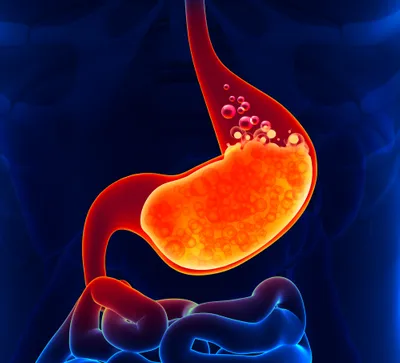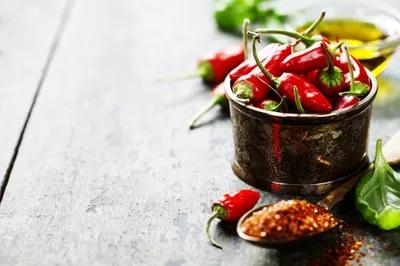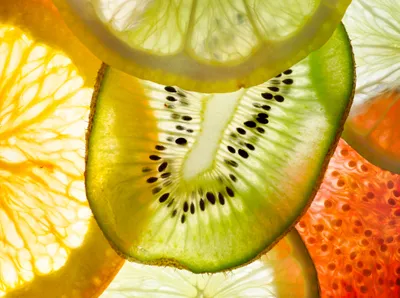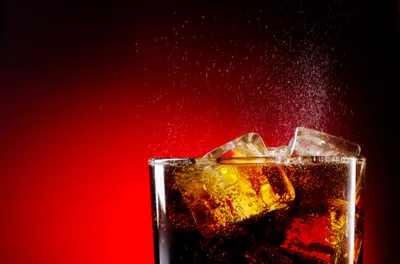This article was contributed by Professor Laurence Lovat, Professor of Gastroenterology and Biophotonics, London Gastroenterology Centre.
As a professor of gastroenterology and biophotics, I am acutely aware of just how common heartburn is in our lives. In fact, it’s become a far greater problem in recent years; fifty years ago more people suffered from stomach ulcers than heart burn. Today, acid reflux affects one in four adults in the United Kingdom every month, and one in ten every week, which I consider to be prime evidence that it’s an illness of our times. I have many patients suffering from heartburn asking me what’s causing it, and how they can prevent it from happening again.
1. Heartburn Causes
There are many causes of heartburn: some can be related to weight, posture or even certain medications. One of the main causes, however, can be your diet and when you’re eating. For instance, eating a big meal at night can cause heartburn, most of the time this can be easily avoided by allowing yourself 3- to 4-hours between your last meal and the time you go to bed.
Most sufferers find that they get heart burn during the day, however those people suffering heartburn at night-time tend to be more at risk of chronic cough, which isn’t always recognised as relating to stomach problems. This being the case for some people, it’s always important for doctors to identify acid reflux from other health issues such as osteoporosis in order to provide the correct treatment. I know how painful heartburn is and, being one of the leading professionals in acid reflux, have often advised suffers to avoid the following listed foods in order to prevent and lessen the risk…
2. Coffee
Coffee is a heavy, acrid drink, and while you can get smooth coffees, even these do very little when you’re trying to avoid suffering from heartburn.
3. Spicy Foods
Spicy foods such as peppers, chilli, and dishes containing spices are a definite no when it comes to preventing acid reflux. These natural plants are spicy for a reason, to stop predators from eating them. When your body breaks down the foods, their natural acids can increase your stomach’s acid production, and decrease the LES pressure in the stomach, leading to heartburn.
4. Citric Acids
Much like spicy foods, citric acids can directly irritate the lining of the oesophagus, increasing acid production in the stomach. You may not instantly feel heartburn after you’ve eaten, or, in some cases, until you bend down, at which point pressure is exerted on the stomach, stirring the acid and irritating its lining.
5. Fizzy Drinks and Alcohol
You may be disappointed by this—many of my patients are—but both alcohol and carbonated beverages are known to cause heartburn. The acid and carbon dioxide used in producing these drinks can cause bloating of the stomach as well as, once again, irritating the oesophagus and stomach lining, leading to severe heartburn.
In my professional opinion, the best course, of action is to remove these foods from your diet, in order to prevent acid reflux from occurring. Naturally, there are many methods out there for limiting acid reflux, or the severity of it, but should you find yourself continually suffering from it on a regular basis, it’s advisable to seek a professional opinion.
Author’s Bio
Professor Laurence Lovat, Professor of Gastroenterology and Biophotonics
Educated at the University College London School of Medicine, Professor Lovat specialises in a range of Gastroenterology & Biophotonics treatments, including acid reflux and cancer prevention. He has won a prestigious MRC Research Training Award to take an intercalated degree in Nutrition and an MRC Research Training Fellowship to do his PhD at the Royal Postgraduate Medical School at the Hammersmith Hospital. He was appointed as a senior lecturer at University College London and a consultant at UCH in 1999. You can get in contact with the professor and other consultants at www.gastrolondon.co.uk.








